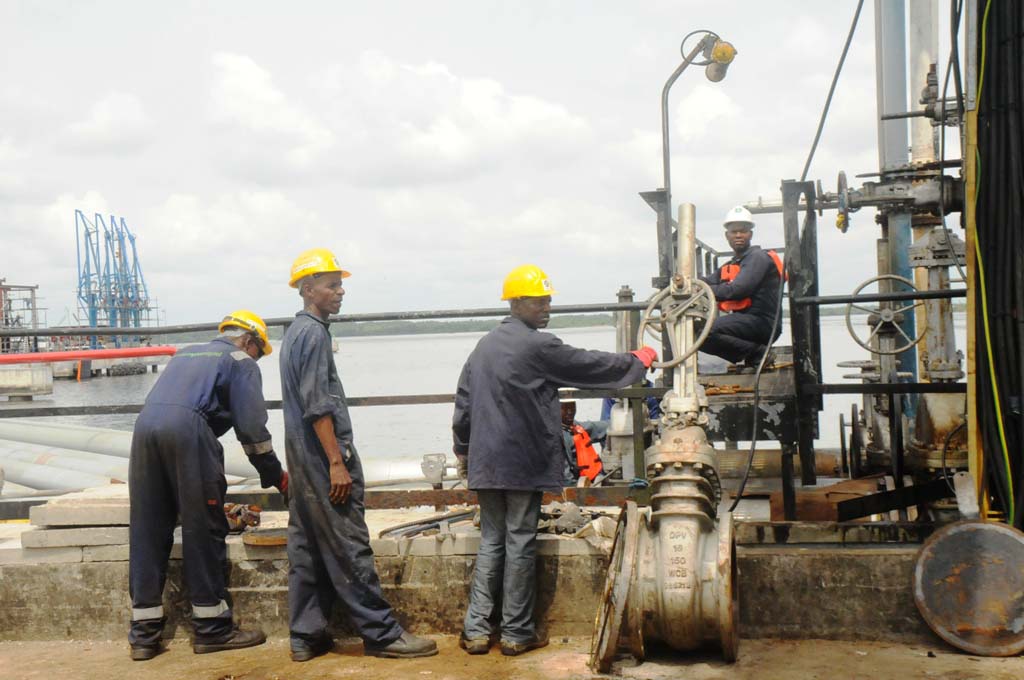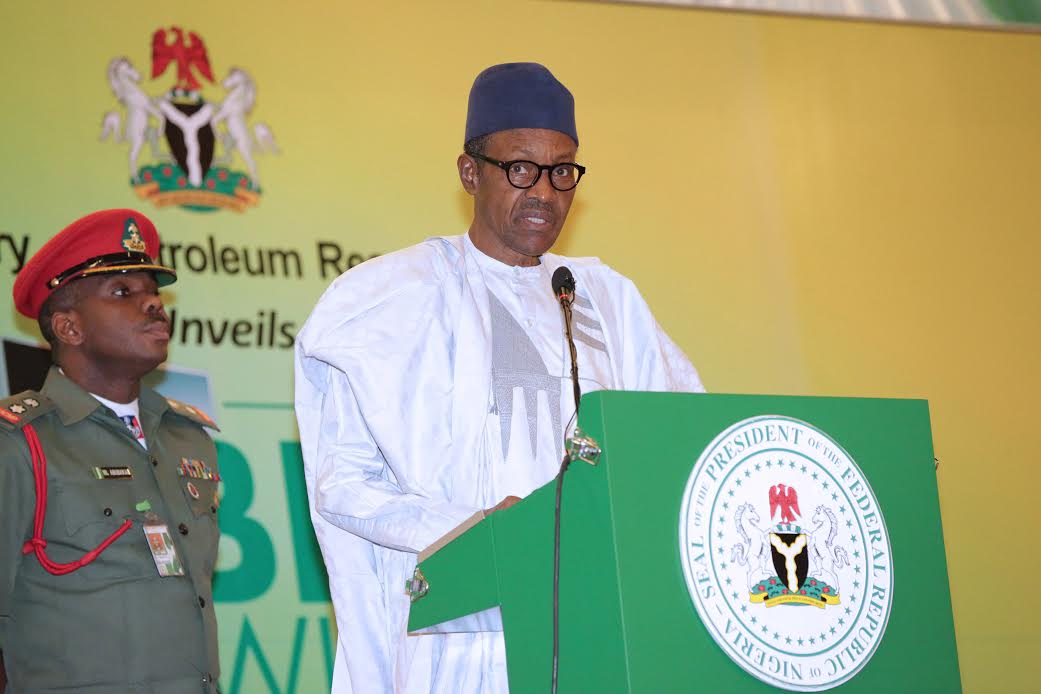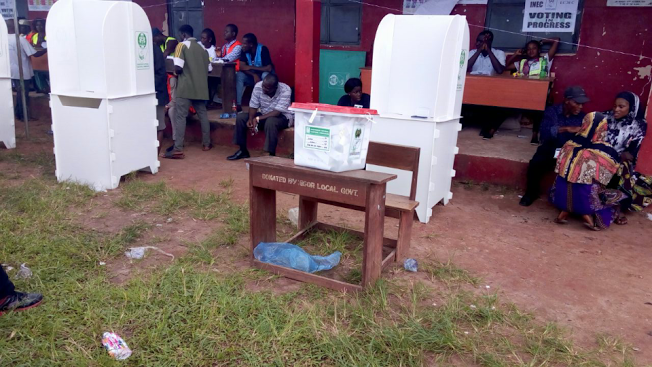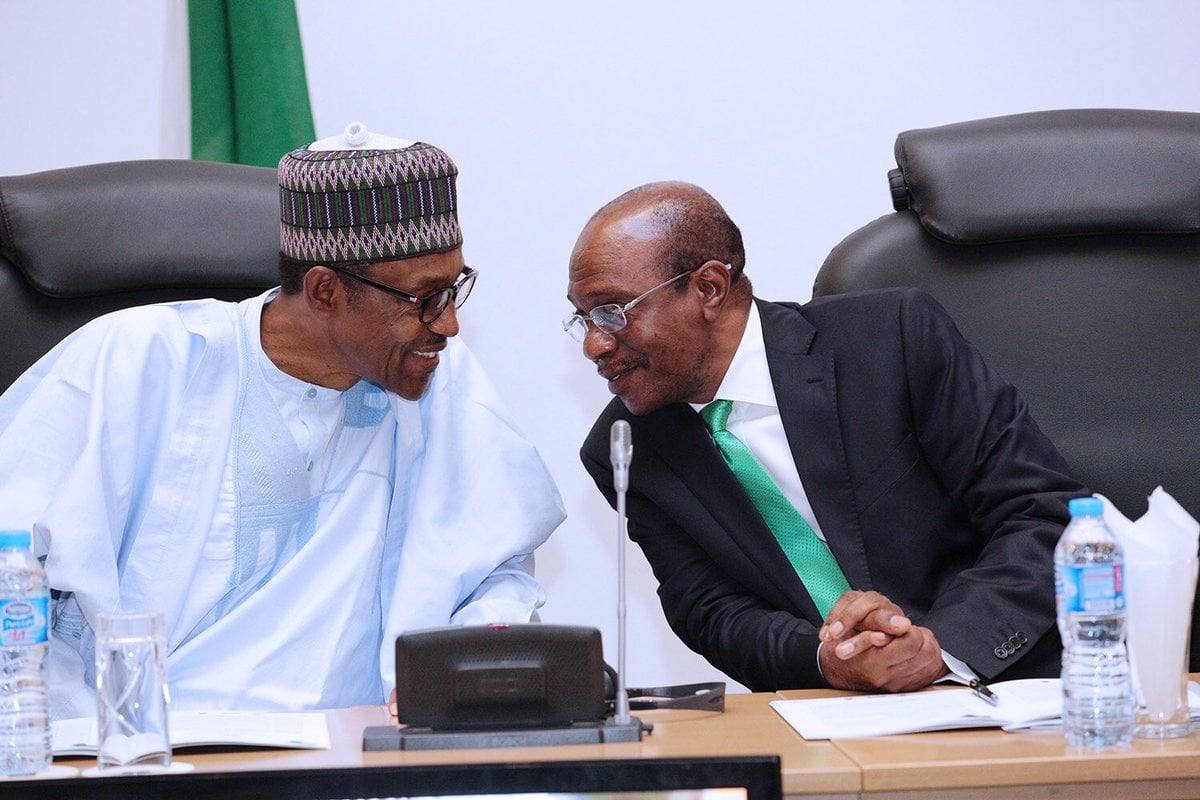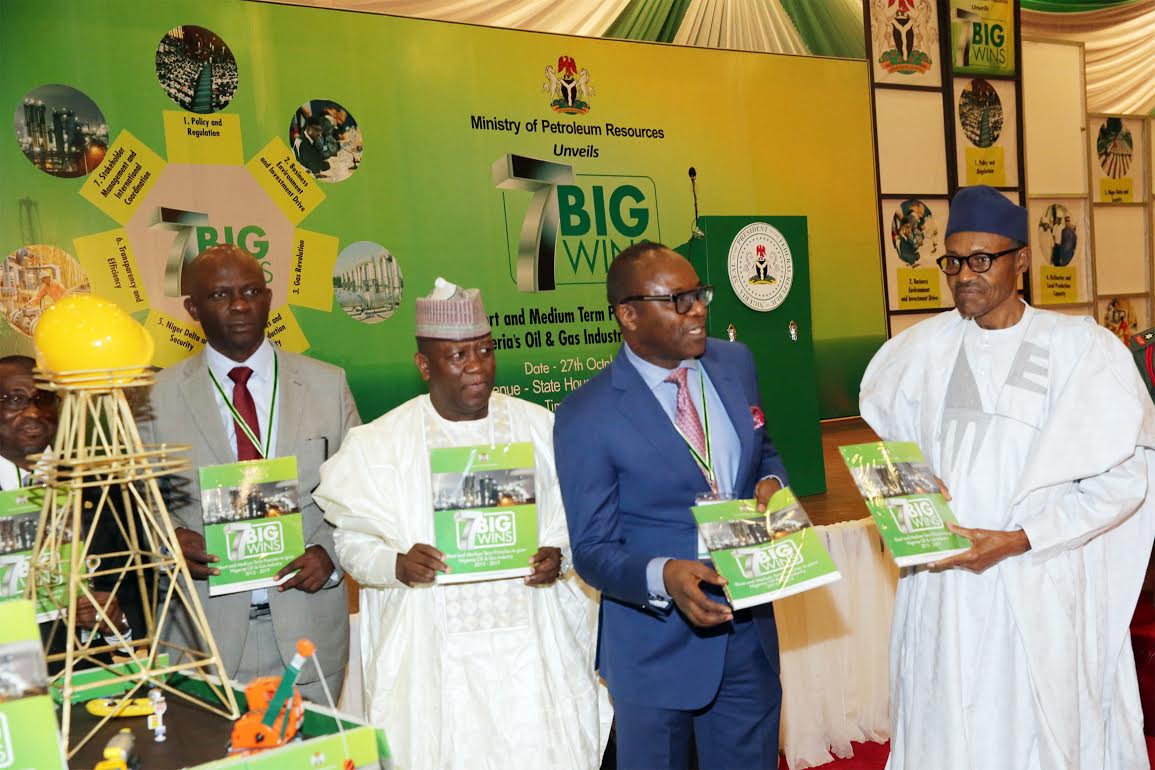Ibe Kachikwu, minister of state for petroleum resources, says the refineries in the country are incapable of attracting investors if they were to be put on sale.
Kachikwu said this in Abuja during a news conference held after the launch of ‘The 7 Big Wins’, a new roadmap for the oil and gas sector.
He said the federal government was trying to make the refineries function effectively before considering privatisation.
“The feeling of the federal executive council and the president is that we should first get the refineries to be efficient before we talk about privatisation, otherwise, we will be selling scraps,” he said.
Advertisement
“In their present state, nobody is going to offer you serious money. A huge amount of investment is going into this.
“Secondly, there are union issues; we do not just take decisions, not recognising that people work there.
“If you privatise in a hurry and are sucked into union issues, that closes the place and it does not function for years.”
Advertisement
Kachikwu said in spite of doom stories that abound in the country, the petroleum industry was one sector that had said “there is hope, we can find solutions; we can solve problems”.
“The only thing that we must hold high is commitment and collegiality in trying to fix things. I believe if the petroleum ministry works, the rest of the country will work,” he said.
He added that the issue of corruption in the Nigerian National Petroleum Corporation (NNPC) was blown out of proportion.
“I think sometimes the corruption indices in Nigerian National Petroleum Corporation (NNPC) are overblown, because sometimes people do not understand the technicalities of what is going on and the short answer is corruption,” he said.
Advertisement
“I do agree that there were all kinds of sleaze stories in the past, but if you look at the last one year and in the last 13 months, those have dramatically disappeared.
“The TSA definitely helped, being able to suck in all our funds in one pond, being able to look at long term focus.
“The fact that we have saved over $1 billion through the Direct Sale Direct Purchase programme. It is something. Otherwise, it would have gone into private pockets.
“There are good people in the NNPC.”
Advertisement
Add a comment
